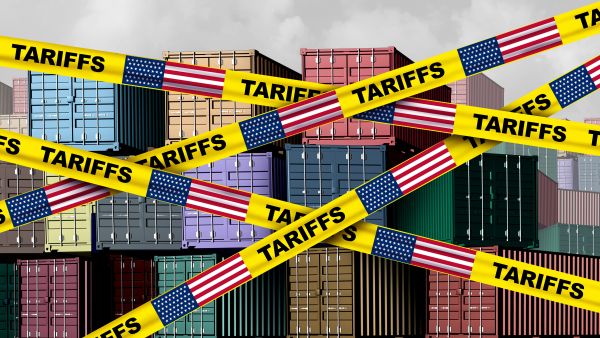The Socialists and Democrats are committed to shaping globalisation through reinforced standards and rights, to ensure that trade benefits not just multinationals, but workers and ordinary citizens.
Today the S&D Group in the Parliament’s international trade committee backed the conclusion of a trade agreement between the EU and Canada (CETA), after lengthy and difficult negotiations during which both the European Commission and the Canadian government accepted the inclusion of crucial S&D demands.
This negotiation shows that it is possible to open the way for progressive and fair trade deals and overcome old entrenched mechanisms such as ISDS. The S&Ds recognise citizens’ concerns about globalisation and the Group will work with civil society to bring about fairer trade for all.
David Martin MEP, the S&D spokesperson on trade, said:
“Together the EU and Canada have negotiated the most progressive trade deal ever. An agreement which cements our bilateral relationship while providing important opportunities for our economies.
“With CETA, we are rejecting unfettered globalisation and laying the foundations for a new era of rules-based trade, where the benefits are spread more widely and our labour and environmental standards are preserved.
“While globally the tendency is to turn in on oneself, the EU and Canada are leading the way towards a world trading system that is open for business without compromising our values or way of life.”
S&D MEP Sorin Moisa, who is responsible for the CETA agreement in the S&D Group, added:
“Today's vote on CETA is a major step towards consolidating the role of the S&Ds as the key political group in the European Parliament on reforming Europe's trade policy.
“Our progressive agenda has shaped the CETA package, including by introducing a public system of investment dispute settlement with a role for the European Parliament in the selection of independent judges; ensuring exclusive sovereign control of our own standards and public services; and promoting trade and sustainable development, including by moving towards a sanctions-based system.
“CETA helps to recapture some of the ground lost to multinationals in the early stages of rampant globalisation, protecting the right to regulate and creating a level playing field for SMEs.”
Note to the editors:
Following strong pressure from the S&D Group to put an end to the current investor-state dispute resolution system (ISDS), the Commission proposed in CETA a permanent court with public judges with members selected at random for each case, a permanent Appellate Tribunal, a code of conduct enforceable by the president of the International Court of Justice and an article on preserving the right to regulate.
Related content
Find out more








